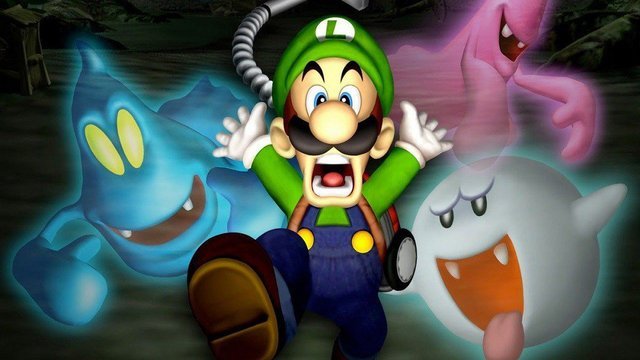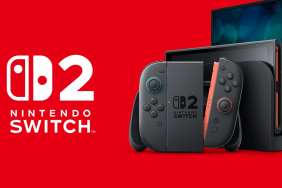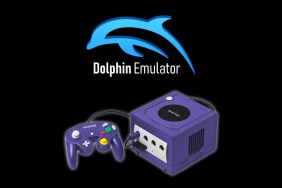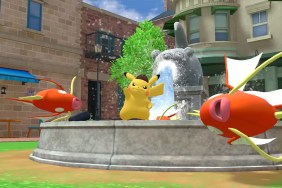While Luigi’s Mansion is a beloved title to the point where a third title in the series is in development and the original just received an enhanced remake, it wasn’t always that way. When the spooky adventure game released for Nintendo GameCube back in 2001, the reception from fans was quite different. In fact, it was impossible to go onto any forums at the time without players calling it a disappointment or a waste of money.
Considering it’s now seen as a classic title filled with great mechanics and direction, it begs the question why has the reception to Luigi’s Mansion changed so much over the past 17 years? The answer lies within a few different areas that all combined to make even some of the most hardcore Nintendo fans disappointed with one of the GameCube’s biggest launch titles.
The biggest contributing factor was how highly regarded the launch of new Nintendo consoles had been in the past. The original Nintendo Entertainment System launched alongside Super Mario Bros., the SNES had an even greater game in Super Mario World, and the Nintendo 64 featured Super Mario 64, the most innovative 3D platformer of all-time. The precedent had been set for Nintendo consoles to launch alongside grand platforming adventures starring Mario.
The Brilliance of Luigi’s Mansion
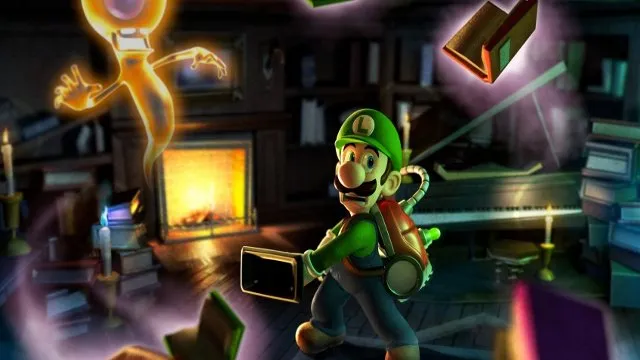
So, when fans got a quirky ghost hunting game that could be finished in a single sitting, they were understandably underwhelmed. Players had come to expect huge games that were filled with secrets and dozens of stars to unlock. Instead, they were looking for something else to play a couple days after it released. Luigi’s Mansion, for all of its charm and great design, is simply not a value-packed experience, and many fans back in 2001 were miffed that it simply wasn’t Super Mario Sunshine.
However, as a game ages, the value that it initially must have to be attractive to consumers fades away in terms of importance. Nobody is picking up a bad or mediocre GameCube title just because it has dozens of hours of gameplay, but they will gladly go back to an experience that still holds up like Luigi’s Mansion. This is one of the key reasons why the game’s quality, which was never really in debate, has helped its reputation improve over the years. Fans who went to check out the classic game were treated with an enjoyable surprise rather than a game that hasn’t aged all that well.
Another aspect that has helped director Hideki Konno’s classic title in retrospect is how unique it is from a gameplay point-of-view. There simply aren’t other games like Luigi’s Mansion available on the market. The vast majority of horror games look to genuinely scare and frighten players rather than playfully interact with them, and the vacuuming combat cycle that makes the moment to moment action so memorable hasn’t been replicated since. When you create a charming experience that isn’t quite like anything else that has ever been made, then people will have a good reason to come back to it. The same can’t be said for the majority of third-person action games that released on GameCube, despite that genre having more popularity at the time of release. It goes to show that what is good for short-term profits, isn’t always the best for long-term recognition.
Aging Gracefully
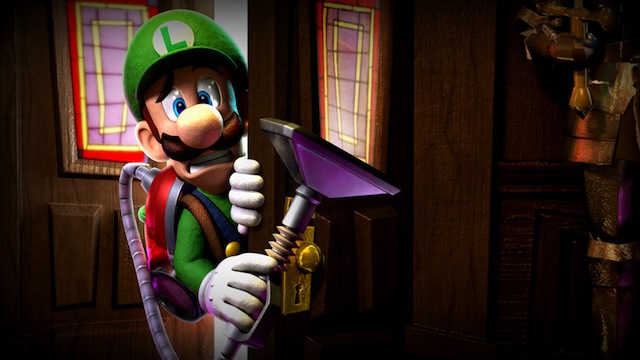
As fans continually revisited Luigi’s Mansion in the years past its release (which was made easier to do thanks to its budget-priced release under the Nintendo Selects line of games), so grew the demand for a sequel. It was a natural change in opinion that occurred rather than a forced one, and the original was considered a cult classic by the time Nintendo announced plans for a Nintendo 3DS sequel in 2011 (nearly a decade after it originally released).
Developed by Next Level Games, Luigi’s Mansion: Dark Moon was a great reminder of why the original was so great. Luigi’s meek mannerisms and reluctance to be a hero are rarely seen in a medium that is defined by testosterone-filled protagonists like Marcus Fenix and Nathan Drake. It felt like a breath of fresh air, especially since the gameplay of the original hadn’t been played out. It gave players an important reminder to reflect on the 2001 launch game, and perhaps reconsider their initial feelings of disappointment.
If there is anything to be learned by the long-term success and late celebration of Luigi’s Mansion it is that a game’s overall quality will be why its remembered or forgotten with time. Despite selling over three million copies and featuring more than ten times the amount of gameplay, when was the last time you saw True Crime: Streets of LA brought up in a discussion? Designing games that stand the test of time isn’t easy by any means, but it goes to show that doing something truly unique can payoff eventually even if fans aren’t clamoring for more of it initially.
